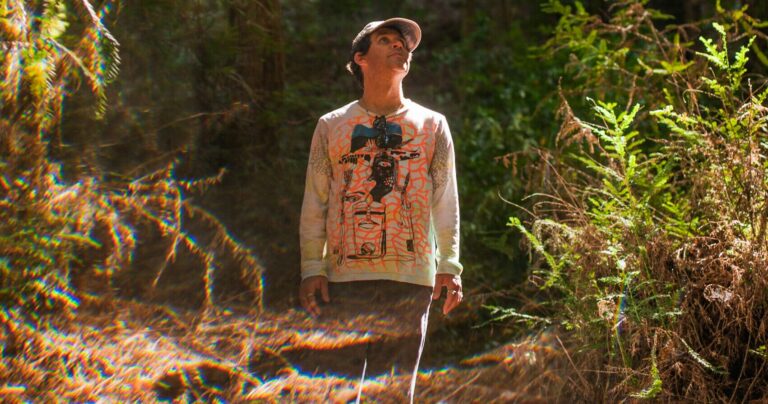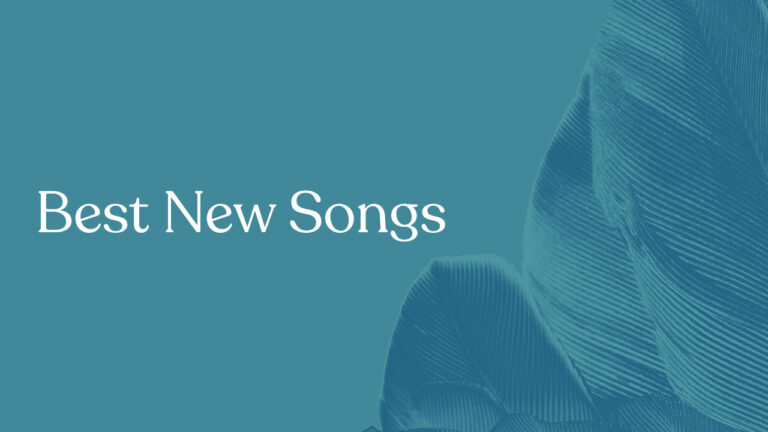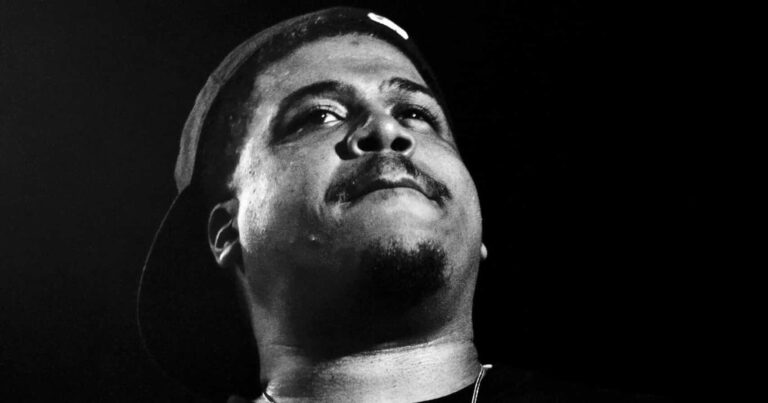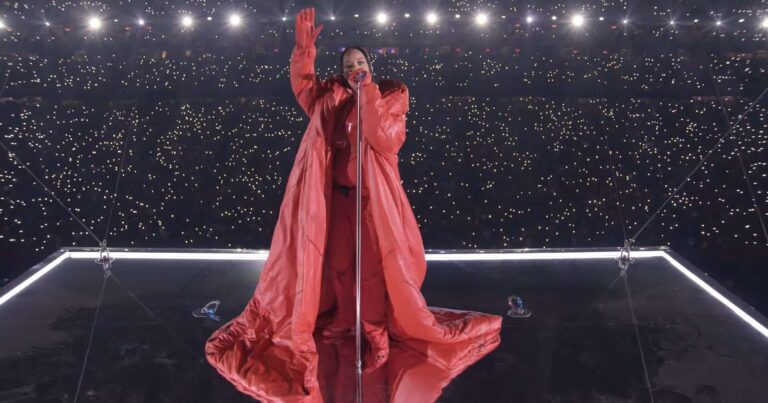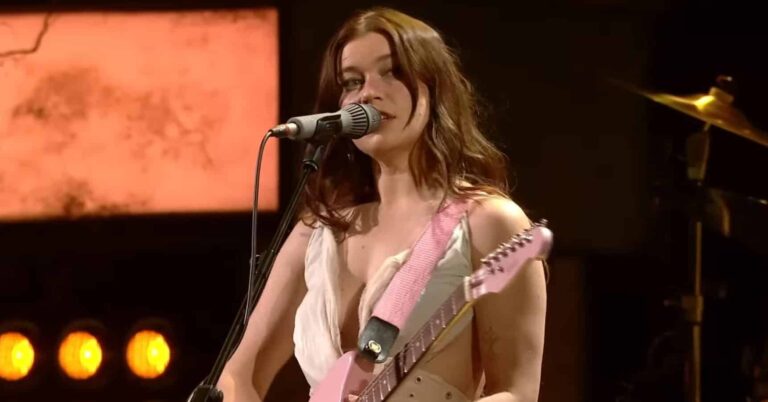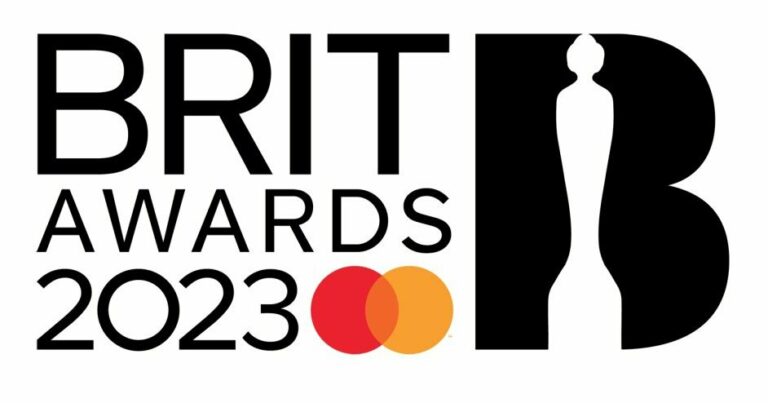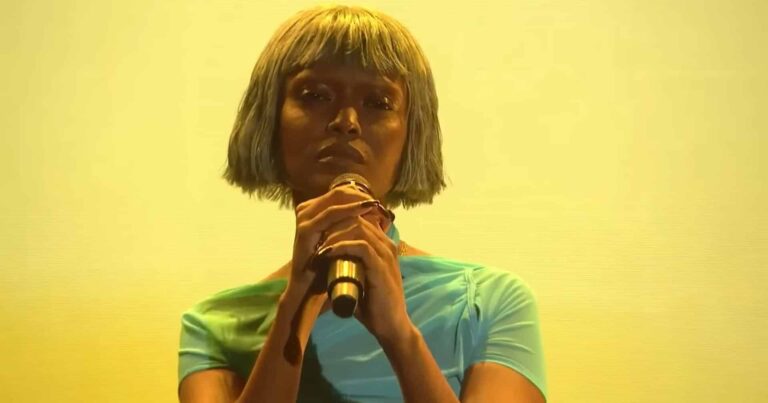Even though it’s 2023, we can’t get over vintage prints and styles! And now that it’s spring, you need to revamp your wardrobe and make space for some cute retro clothes.
3 in 5 customers in the US regularly buy vintage clothing (source:). So, if you’re thinking of some styling ideas this summer, keep reading!
- High-waisted bottoms
Did you know that in the 1920s, women loved wearing high-waisted bottoms paired with tank tops? This is one of the easiest ideas to try out if you’re in a rush and you don’t know which vintage style would look good on you.
Simply wear a pair of high-waisted shorts in a retro print, such as bold stripes or circles, and add a monochromatic tank top. You can even go with a cute bandanna or a thick headband that matches your shorts for some extra jazz!
- Layered fashion
During the 1940s, layered fashion became one of the most popular vintage clothing trends. And the best part is that you won’t even have to go out and buy any additional pieces of clothing to recreate this lovely look!
All you have to do is take a collared blouse from your wardrobe, preferably a monochromatic denim one, and wear flared pants. Then, you can either go for a light-colored pair of pants or choose something with vintage prints.
Bring in some texture with woven sandals, and you’re done!
- Embellished clothes
If you’re trying out vintage clothes, then copying the famous Marilyn Monroe is something you’ll have to do. But, for women planning to hit the beach, vintage swimwear is a timeless classic.
Wear an embellished white tankini top and a high-waisted pair of shorts or bikini bottoms in a similar texture. If you wish to go the extra mile, wear a yellow or cream-colored sun hat, preferably one with a retro flower clipped.
- Comfortable vintage looks
During the 1980s, clothing style became synonymous with comfort, and most women opted for loose clothes, especially while working out.
So if you want some inspiration for your gym wardrobe, check out a toned-down look that looks casual but also feels very soft.
For example, wear a short-sleeved gym top with camo biker shorts. For accessories, pin up your hair using bright clips or headbands. You can even wear a metallic anklet to give off the ultimate 80s vibe!
- Maximalist prints
In 2023, minimalist prints became the norm, but during the vintage era, it was just the opposite. Maximalist prints are bold prints with bright colors and stylish shapes.
If you’re planning to go out for a girls’ brunch or a casual get-together, wear a long maximalist dress similar to the ones worn by Versace models on the runway.
However, be sure to go minimal with the jewelry and handbags because otherwise, the entire look can end up looking overdone.
- Knotted clothes
Another popular option among vintage-style clothes was the trend of wearing knotted tops or pants.
If you already have loose blouses with big prints, simply turn them into vintage pieces by tying the ends into trendy knots. Then, wear them with lightly-printed shorts or full pants. Otherwise, you can purchase tight blouses with a large knot on the neck.
Not only will this look make you look chic, but it will also save you the hassle of finding a matching necklace to go with the outfit.
- Full skirts
When we’re talking about retro clothes, brightly-printed skirts are a must. And you can wear these skirts with any sort of top, be it a loose t-shirt or a strap top!
However, be careful to wear flared and flowy skirts instead of tight pencil ones. Even if you don’t have a skirt like that, you can check out some of the floral-printed long skirts available online.
During the harsh summer, these skirts will provide you with ultimate comfort and make you look super cute!
Over to you…
No matter which vintage era’s fashion you choose, you can’t ever go wrong with sunny prints and cheerful colors. So what are you waiting for? Go to the nearest clothing store and treat yourself to some fashionable vintage-printed pieces today!
